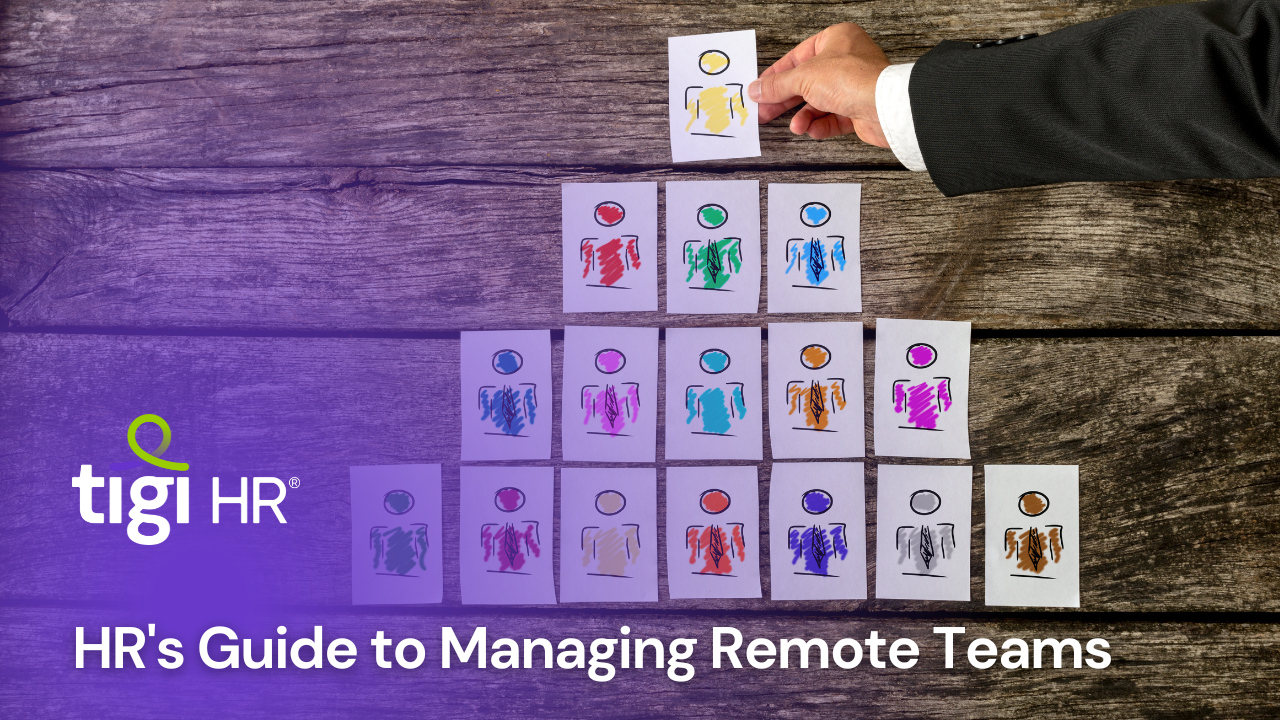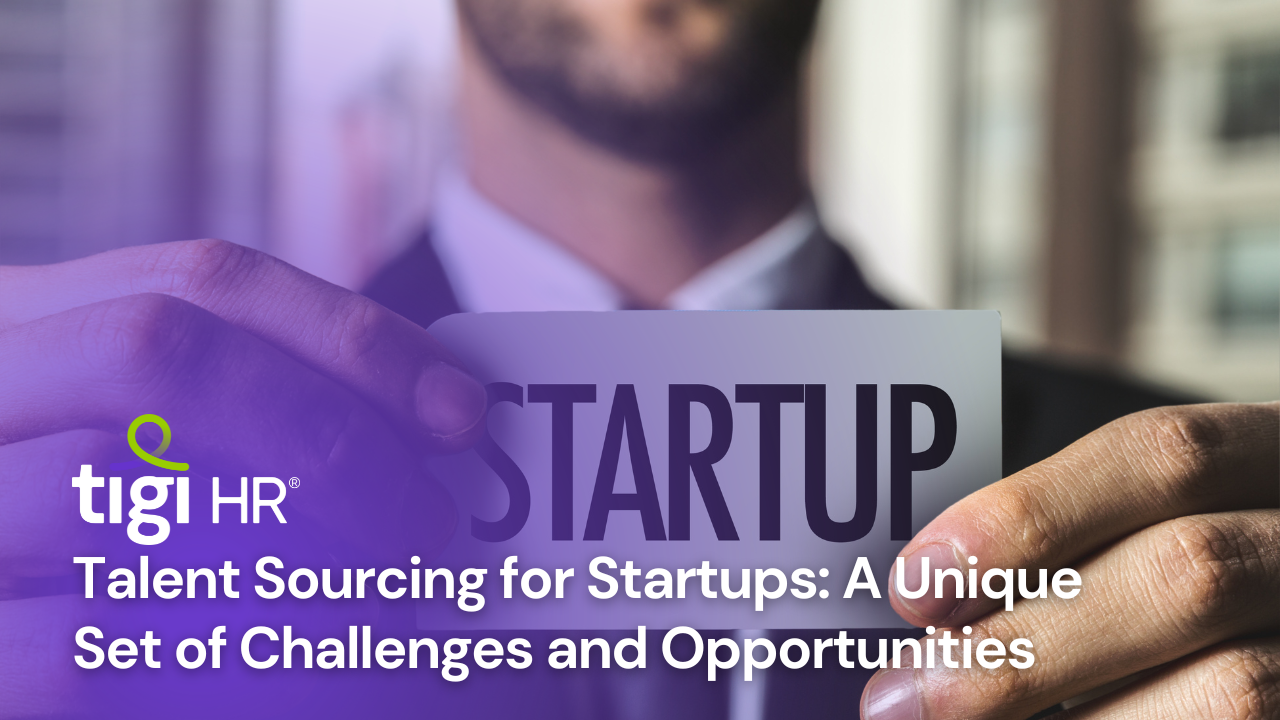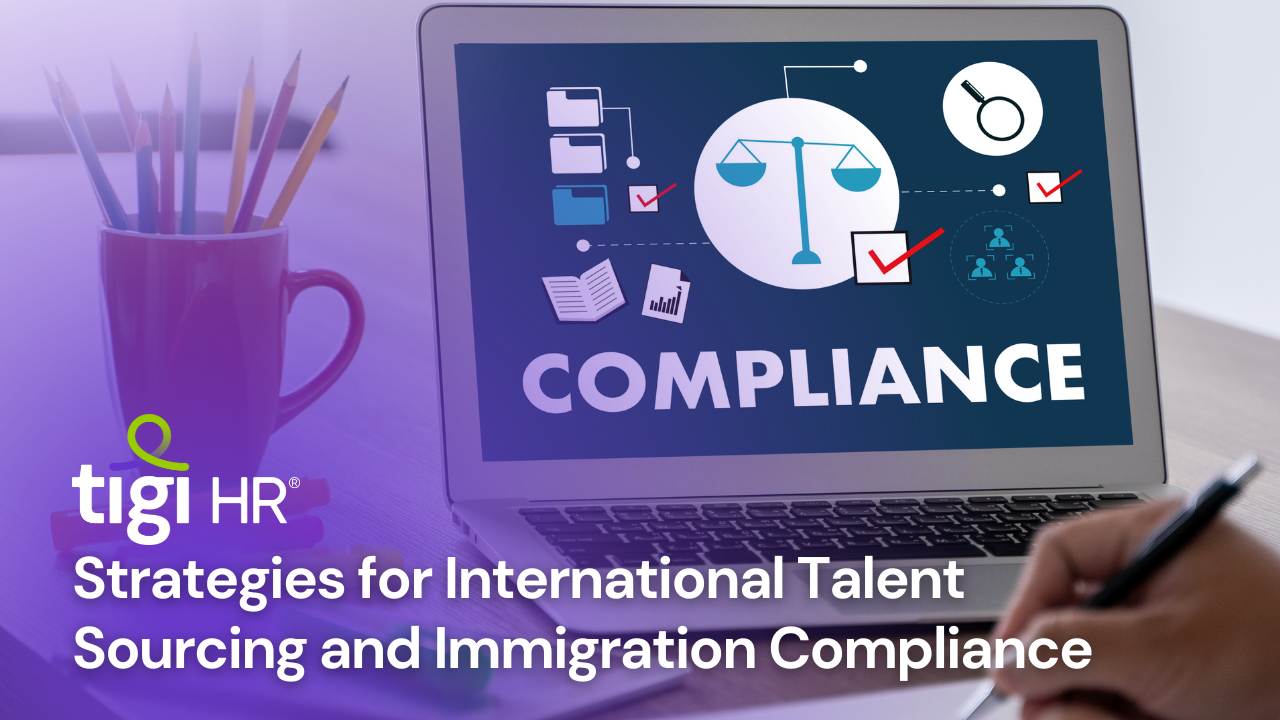In the era of remote work, HR pioneers a cultural shift. Fostering trust, personalized experiences, and a growth mindset, HR shapes a dynamic landscape. Continuous feedback, virtual collaboration tools, and cybersecurity diligence ensure resilience. By leading with adaptability, HR not only manages but optimizes remote teams, unlocking their full potential for sustained success.
Month: November 2023
Effective Talent Sourcing Metrics: Measuring Success in HR
Navigating the HR landscape demands a strategic approach, and effective talent sourcing metrics serve as the compass. From Quality of Hire to Diversity Metrics, this guide unravels insights and statistics, shaping a comprehensive strategy. It emphasizes the synergy of technology, team productivity, and the enduring impact of retention metrics. Challenges in implementation are acknowledged, offering a roadmap for HR professionals to embrace a data-driven future. Explore, strategize, and elevate your talent acquisition game.
Talent Sourcing for Startups: A Unique Set of Challenges and Opportunities
Navigating startup dynamics demands agility and innovation. From budget constraints to global talent pools, each challenge unveils unique opportunities. Building a distinctive culture, networking in the ecosystem, and showcasing visionary leadership are key. Internship programs, collaborations with institutions, and agile recruitment strategies play pivotal roles. Success hinges on measuring metrics like time-to-hire and retention rates. Talent sourcing is not just a process; it’s a strategic journey for sustained growth.
The Benefits of Employee Training and Development Programs
Unlocking potential and driving success, employee training programs redefine workplace dynamics. From personalized learning paths to global collaboration, these initiatives cultivate adaptable skills and create a culture of continuous improvement. Harnessing data analytics ensures measurable impact, while self-directed learning empowers employees. Embrace the transformative power of training for agile, engaged, and globally competitive teams.
Candidate Assessment in Talent Sourcing: Making Informed Decisions
Embark on a strategic journey through the nuances of candidate assessment, from key evaluation criteria and technological advancements to ethical considerations and the pivotal role of diversity and inclusion. Navigate challenges, embrace continuous improvement, and leverage data-driven decision-making. Industry best practices illuminate the path to talent sourcing excellence, creating a roadmap for organizations to attract, retain, and thrive with top-tier talent.
Strategies for International Talent Sourcing and Immigration Compliance
In an increasingly interconnected world, international talent sourcing is essential for organizations seeking growth and innovation. Understanding immigration compliance, diversity, and global workforce trends is crucial. Navigating immigration paperwork and cultural differences is challenging yet rewarding. Legal considerations and employer sponsorship programs play key roles. The impact of COVID-19 reshaped recruitment practices, emphasizing adaptability. Embracing diverse, inclusive workplaces, particularly in emerging markets, can be a strategic advantage.
Building a Talent Pipeline: A Strategic Approach to Sourcing
In the competitive world of talent acquisition, the concept of building a talent pipeline stands out as a strategic and proactive approach that transcends conventional recruitment methods. This excerpt explores the significance and strategies behind this forward-thinking approach in talent acquisition.
A talent pipeline isn’t just about filling current job openings; it’s a strategic recruitment model that involves identifying, nurturing, and engaging with potential candidates for future roles. Statistical insights underline the substantial advantages: companies with a robust talent pipeline witness a significant reduction in the cost per hire by up to 50% and a decrease in time-to-fill positions by up to 30%.
Strategies such as candidate relationship management, networking, employer branding, and proactive sourcing are instrumental in developing and maintaining a thriving talent pipeline. By employing these approaches, companies proactively engage with potential candidates, cultivate talent communities, and build a compelling employer brand, enhancing their attractiveness to top-tier talent.
Leveraging data and analytics is crucial in predicting future talent needs and continuously adapting strategies to align with dynamic business requirements. By implementing a strategic talent pipeline, organizations not only secure a continuous supply of skilled individuals but also fortify their competitive advantage in a rapidly evolving job market.
The Power of Social Media in Modern Talent Sourcing
In the ever-evolving landscape of talent acquisition, the emergence of social media has become a game-changer, redefining the way recruiters connect with potential candidates. Social platforms have transcended their initial purposes and now serve as vital tools in the recruitment process. This excerpt explores the profound impact and strategies that underpin the use of social media in modern talent sourcing.
Employers and hiring managers are increasingly recognizing the potential of leveraging platforms like LinkedIn, Twitter, Facebook, and niche forums as direct channels to engage, attract, and hire top talent. The statistics speak volumes: a staggering 92% of recruiters use social media in their talent acquisition efforts, with an impressive 73% of successful hires attributed to these platforms.
Strategies ranging from active participation in professional networks like LinkedIn to brand promotion through Twitter and Facebook, as well as engaging with specialized communities, underline the diverse approaches employed by recruiters to reach and interact with potential candidates possessing sought-after skills.
Beyond sourcing talent, social media profoundly impacts employer branding, fostering brand visibility and enabling direct interaction between employers and candidates. Industry statistics suggest that an actively managed employer brand encourages 94% of job seekers to apply for roles, emphasizing the pivotal role of social media in shaping employer perception.
As the recruitment landscape continues to evolve, the effective implementation of social media strategies, a clear social media plan, and an ongoing analysis of metrics remain pivotal for organizations aiming to attract and retain top talent in a highly competitive job market. Social media is not merely a communication tool—it has emerged as a potent force in the arsenal of modern talent acquisition, driving recruitment success and establishing meaningful connections between employers and potential candidates.
Niche Talent Sourcing: Strategies for Hard-to-Find Skills
In the realm of contemporary recruitment, the pursuit of specialized, hard-to-find skills has become a paramount challenge for organizations across diverse industries. Niche talent sourcing, a strategic endeavor, aims to address this scarcity by identifying, engaging, and ultimately recruiting individuals possessing unique, in-demand skills within specific sectors.
The scarcity of individuals with these specialized skills poses a significant obstacle for recruiters and hiring managers, as evidenced by reports from LinkedIn and Gartner highlighting the difficulties in retaining and acquiring talent with such distinctive capabilities. To tackle this challenge, companies are employing innovative strategies, leveraging technology, and crafting tailored approaches to locate and attract niche talent.
Strategies like crafting targeted job descriptions, utilizing niche job boards and platforms, networking at industry events, and fostering strong employer branding through content marketing are some of the essential techniques employed. Leveraging technology and automation, such as AI-powered candidate sourcing tools, social media, and talent communities, offers a more efficient means of connecting with individuals possessing these sought-after skills.
The pursuit of niche talent is not merely a challenge; it’s an opportunity for organizations to enrich their workforce with exceptional proficiencies, fostering a competitive edge in a constantly evolving market. By embracing innovative sourcing techniques and continuously refining recruitment processes, companies can effectively connect with these invaluable talents, ensuring a robust and agile workforce capable of thriving in the dynamic and ever-changing business landscape.
Candidate-Centric Talent Sourcing: Putting Applicants First
In the dynamic realm of modern recruitment, a fundamental shift is underway—moving from the conventional employer-focused strategies to a more candidate-centric approach. Candidate-centric talent sourcing represents a pivotal transformation in the recruitment paradigm, placing the spotlight on the applicant’s journey and experience throughout the hiring process.
This innovative approach emphasizes understanding and addressing the needs, expectations, and experiences of potential candidates. It’s not just about assessing qualifications but ensuring a seamless, respectful, and engaging experience from application to onboarding. The traditional employer-driven recruitment model is evolving to embrace a more human-centered, personalized, and technology-enhanced strategy that prioritizes the candidate’s perspective.
Creating an exceptional candidate experience entails transparent communication, a streamlined application process, personalized interactions, timely feedback, and leveraging technology to enhance the overall process. The impact of this shift is not merely limited to a positive brand image but also extends to higher-quality hires, improved diversity and inclusion, and ultimately, a more efficient and successful recruitment process.
As organizations adapt to the changing dynamics of the talent market, the move towards candidate-centric talent sourcing remains a critical aspect in attracting and retaining top talent. Prioritizing the candidate’s journey is not just a trend; it’s a strategic shift that reflects a commitment to a more inclusive, engaging, and successful recruitment process for both employers and candidates.











